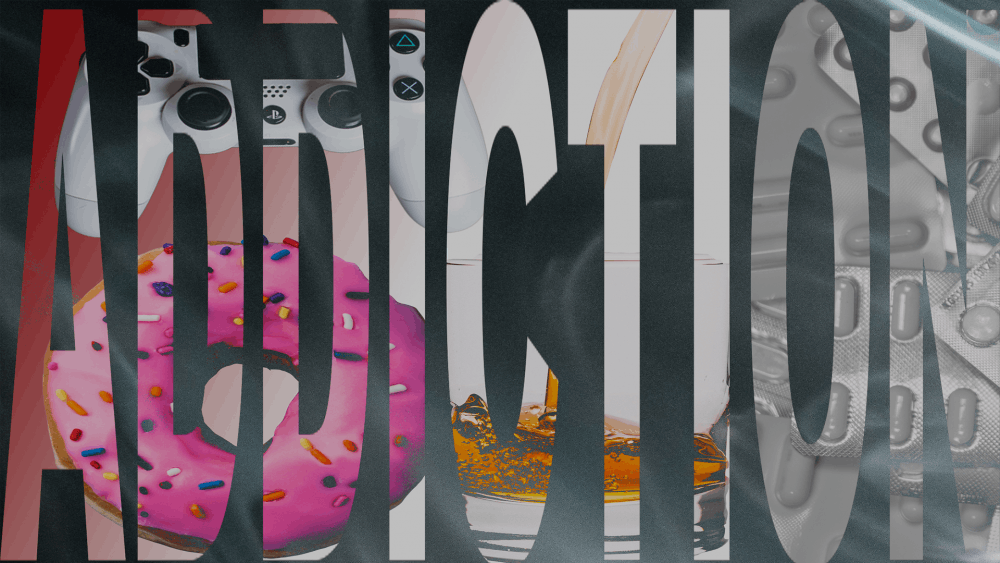The opinions and views expressed in this article are those of the author and do not reflect the opinion of Byte or Byte’s editorial board.
On Sept. 7, beloved rap artist Mac Miller was found dead in his home after an apparent overdose. Social media has since been buzzing with opinions and messages of mourning. The common conflict seems to be whether or not people who use drugs and overdose are at fault for their circumstances.
Though this shame exists, the industry that these artists work in promotes and glamorizes addiction and substance use. The music industry has been well-known for artists using drugs recreationally but also as a status symbol. In recent years, the idea of using drugs as a status symbol has become less popular, but it is still a problem nonetheless. Seeing an artist overdose or be in and out of rehab is something that consumers of music and media have become incredibly numb to.
Other artists who are seen as iconic, like The Beatles, have characterized addiction and drug use as part of their artistic process. Artists in modern music also characterize drugs as part of the culture of fame.
Addiction is hard to talk about and recognize for what it is. The truth is that it is not fun and partying. Nor is it a necessity for an artist’s creative process. The struggle with addiction is just like any other mental health issue. Many people do not see addiction as a mental ailment, but a choice.

Image from ABC News
Celebrities in particular are vulnerable to the grips of addiction. There is pressure to constantly create, which involves long hours of recording music, writing music or touring. They also feel peer pressure from other artists and people in the industry.
According to the American Psychological Association, about half of the risk of addiction is genetic. For artists who are inclined to be addicted, these added social and cultural factors can put them even more at risk. It is important to understand that people with addictions are not at fault for their circumstances. The APA also states that it classifies addiction as a disorder, just like any other mental illness.
Failure to see through the addiction that is portrayed in songs and music videos, a fun party lifestyle, further causes addicted artists to feel alone in their circumstances. After losing another great mind like Mac Miller, it is time to take addiction more seriously even if it is a celebrity that is facing it. They are people, and they are not invincible.
Seriously reckoning with addiction begins with understanding that the music industry breeds addiction and substance abuse, holding artists to a harsher social standard. Deciding to not expect addiction within the industry just is a start. This removes the normalization of this behavior.
The final step is to not demonize those who do end up falling victim to addiction. It takes understanding and support for someone with an addiction to seek help and find their way out of addiction.
Sources: VOANews, American Psychological Association
Featured Image: Evan Williamson
Images: ABC News
For more entertainment, tech, and pop culture related content, visit us at Byte BSU!




















